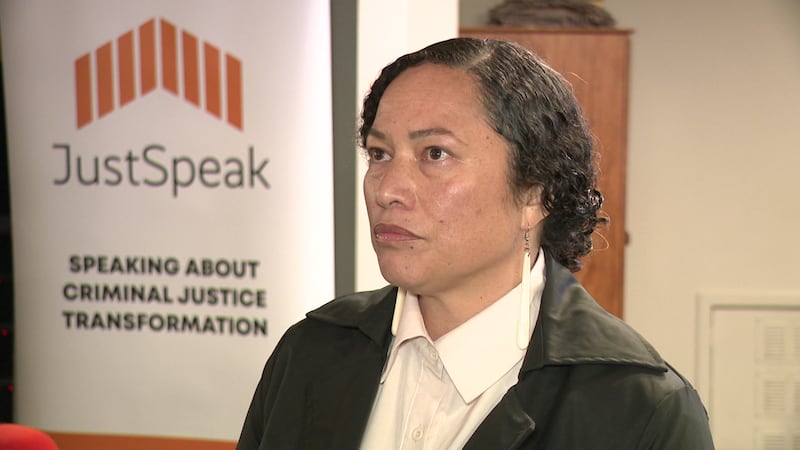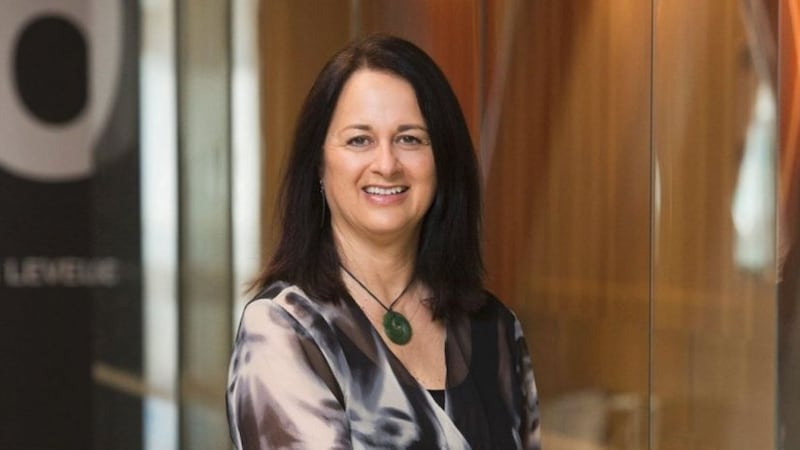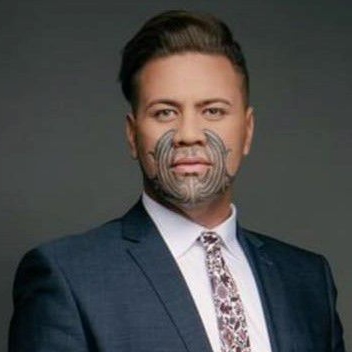Awatea Mita spent 22 months in prison. She thinks back to that time often. When she was released, she had little hope and no sense that she would have a future, a job, or even respect from her community.
“When I left prison, I was completely broken. Eleven months into my sentence, my son, my only child passed away and it was the support from the women inside that got me through that time,” she said.

Mita’s story is not uncommon, and it’s a reminder of what’s at stake. Global and local research shows that education is key to reducing reoffending something Mita agrees with.
“There was no access to education when I was there. There was no Māori unit for wāhine when I was there. It was very limited in the options that I had.”
Mita uses her lived experience as a tool for change. She was among several advocates present at the Aotearoa launch of the Global Freedom Scholars Network, a growing international initiative that centres the voices of formerly incarcerated people.
The Global Freedom Scholars Network is an international group that supports people in prison and those recently released to access education and university study.
It brings together tauira, graduates, and advocates who have experienced the justice system. Using their own stories, they work to improve education opportunities for others in similar situations.
The network began in the United States and is now growing in places like Aotearoa, Australia, and the UK. Here in Aotearoa, justice reform organisation JustSpeak is supporting the kaupapa.
The goal is simple: to remove barriers that stop people in prison from learning — like limited access to technology or culturally safe support and to affirm that education is a right, not a privilege.
Members of the network use their lived experience to kōrero and lead change. They help shape policies that can transform lives, support whānau, and reduce the chances of people reoffending.
JustSpeak launched the kaupapa - it’s Chair Katie Perkins says the aim is simple.
“E ai ki te whakataukī, ne? Ko te manu e kai ana i te miro nōnā te ngahere. Ko te manu e kai ana i te mātauranga nōnā te ao. Nō reira, ki a au nei koirā te whāinga o te Global — that’s the goal of the Global Freedoms Network.”

Criminology expert, Tracey McIntosh describes the network as having the potential for emancipation through education.
“It’s about freedom. It’s emancipatory potential of education. So that possibility, that potential, that incredible wonder that happens in an education space. It’s not just any old education; it’s an education that can liberate”
“That can collectively bring people together and that can really have this incredible intergenerational reach”


